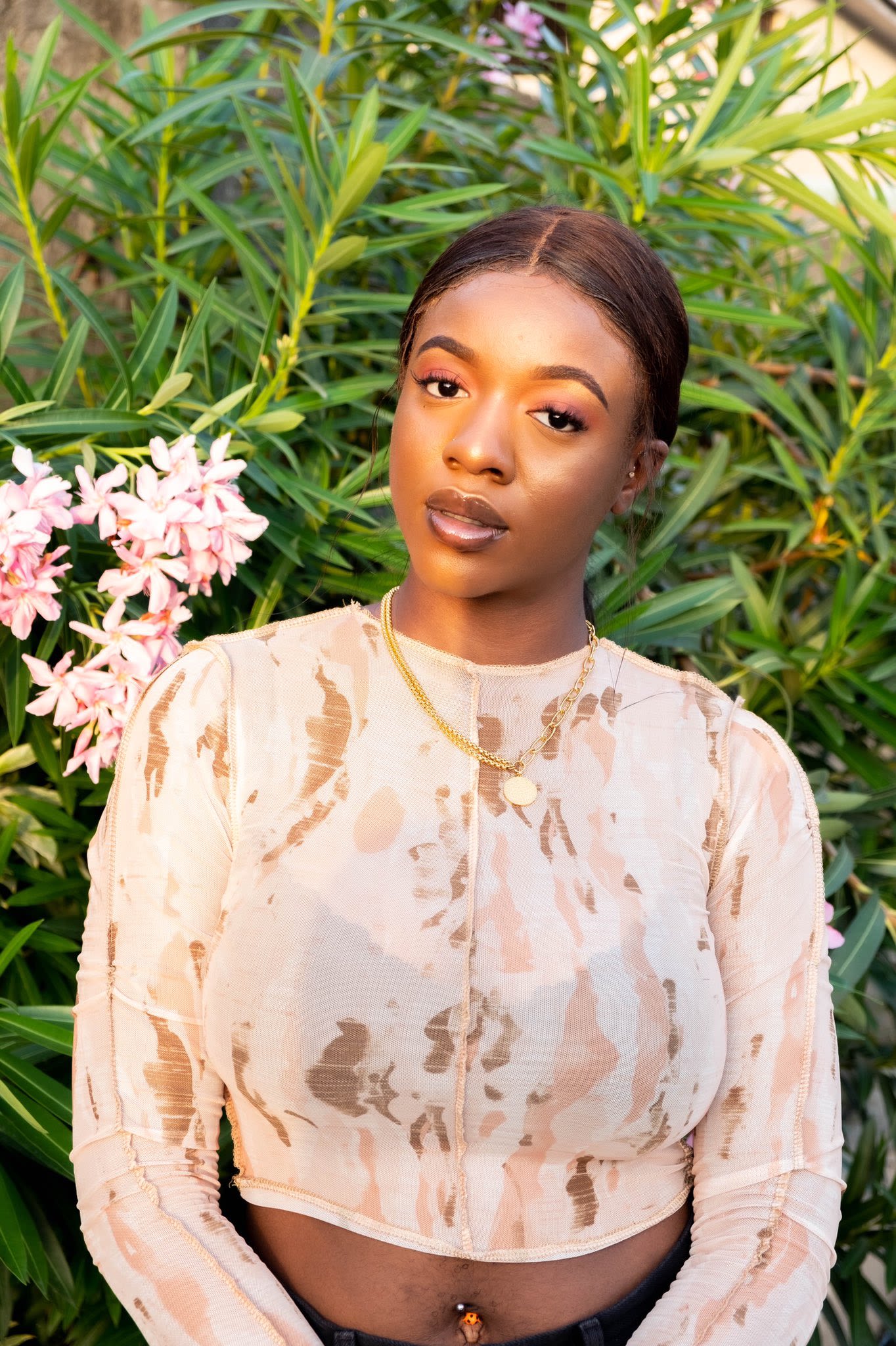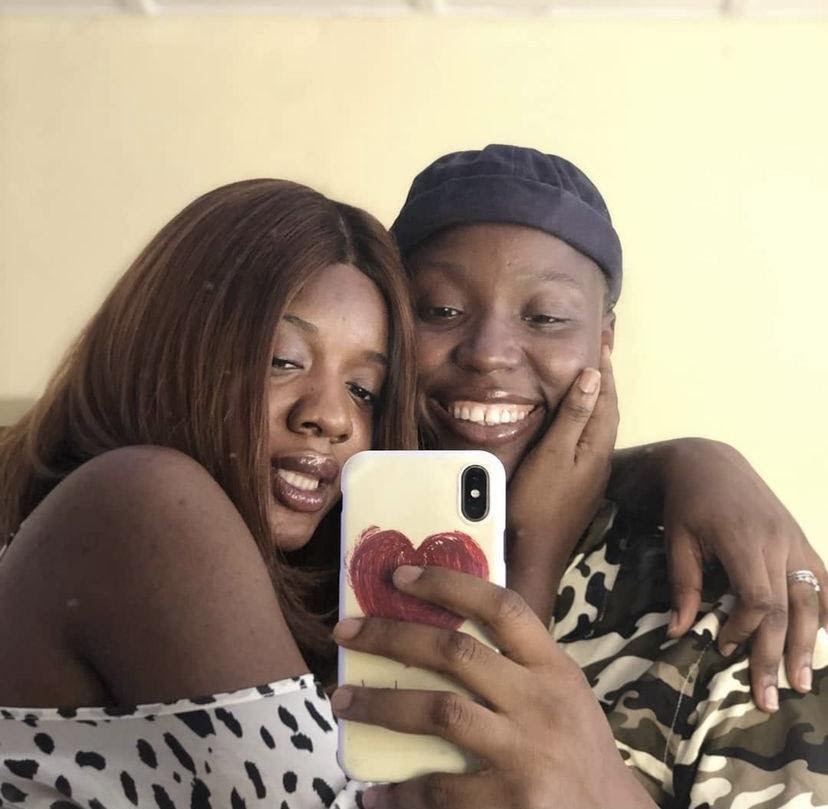Attacked and killed for just existing
An inside look at how young queer Nigerian influencers are using online activism to raise awareness about the country’s anti-gay law.
But to what extent is the drive on social media enabling the repeal of the Act?
Vivian Iroanya investigates.
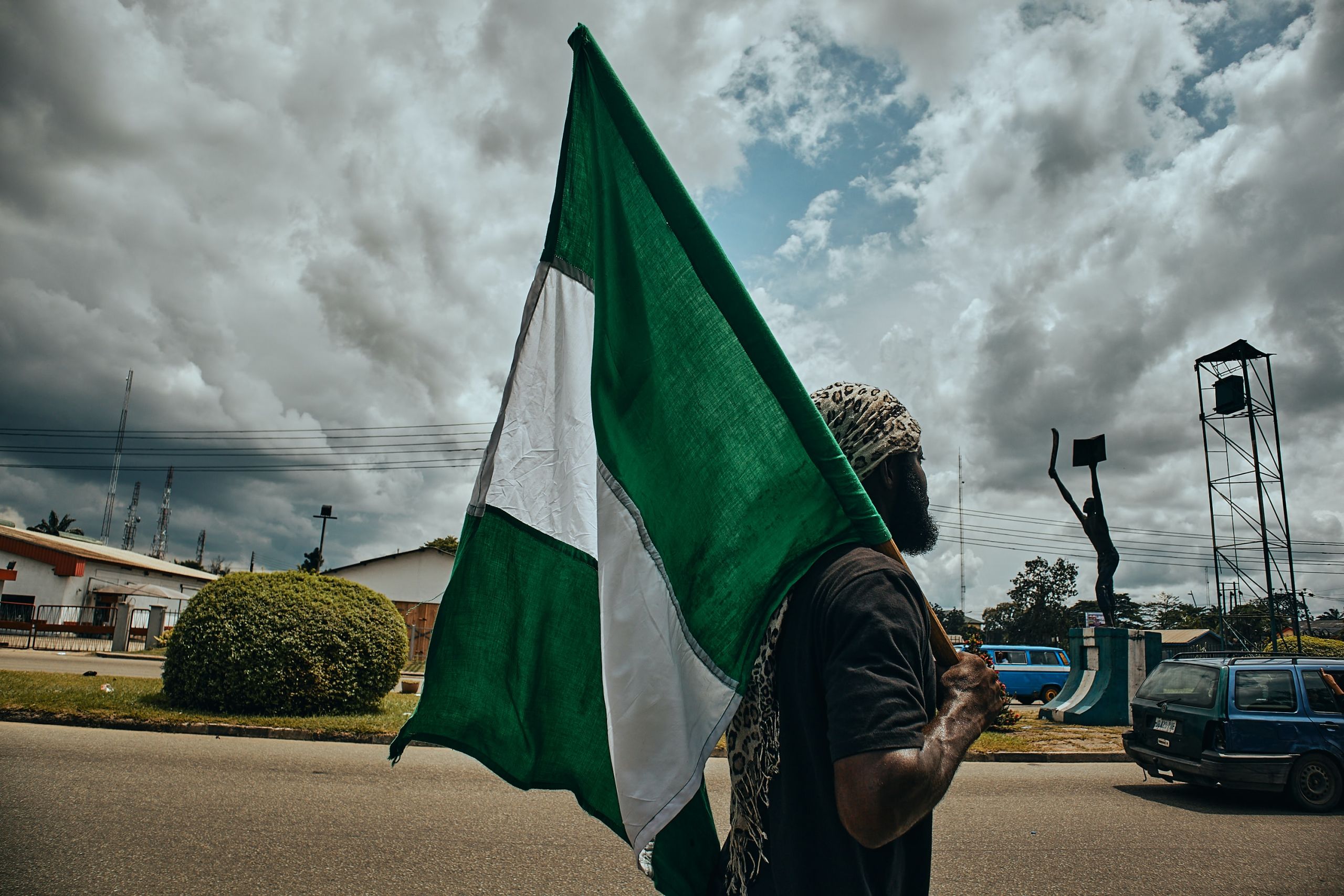
On Sunday 20 March, Victor Emmanuel, a popular queer YouTuber living in Nigeria, stood in front of the National Assembly in the city’s capital.
He announced an indefinite hunger strike until the government repeals the country’s anti-gay law: the Same-Sex Marriage Prohibition Act (SSMPA).
The viral video accumulated over 150,000 views, 10,000 likes and retweets on Twitter. But, on the third day, he ended his protest seeking alternative legal means.
“I didn’t want the government to be sympathetic, I did it for shock value. I know how social media works. I knew I was putting my life in jeopardy but the video was trending on the first day and that’s what I wanted,” he said.
Nigeria’s former president, Goodluck Jonathan, signed the SSMPA into law in 2014. It prohibits same-sex marriages, any cohabitation between same-sex partners and bans any public show of same-sex amorous relationships. The punishment varies from 10 to 14 years in prison.
Since the Act, violence against LGBTQ+ Nigerians has risen by 214 percent.
A month after the law was passed, in a local village named Gishiri in Abuja, a group of 50 people armed with metal wires, machetes, and whips severely beat at least 14 men suspected of ‘being gay.’
Three victims told the Human Rights Watch the attackers chanted: “We are doing [President Goodluck] Jonathan’s work: cleansing the community of gays.” Another victim said they also shouted: “Jungle justice! No more gays!”
According to the NGO The Initiative for Equal Rights (TIERs), last year alone there were about 500 reports of human rights violations such as theft, violence, and harassment. This spike was also contributed by the Covid-19 pandemic.
During lockdown in March, several policemen in Benin city orchestrated a series of illegal arrests, searching and detaining innocent citizens while denying them legal representation until they paid huge sums in bribes.
Their only crime was being perceived to be ‘gay.'
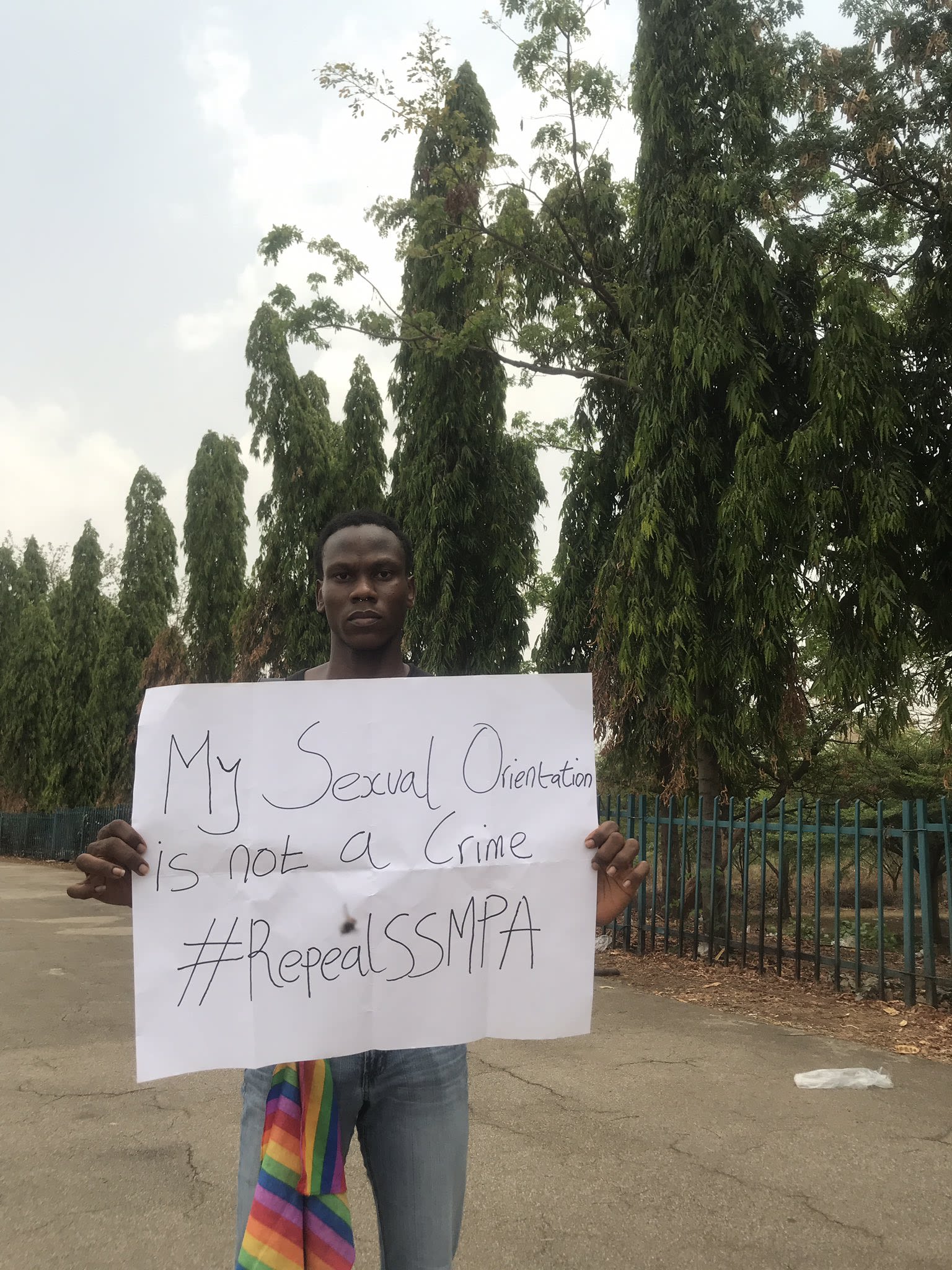
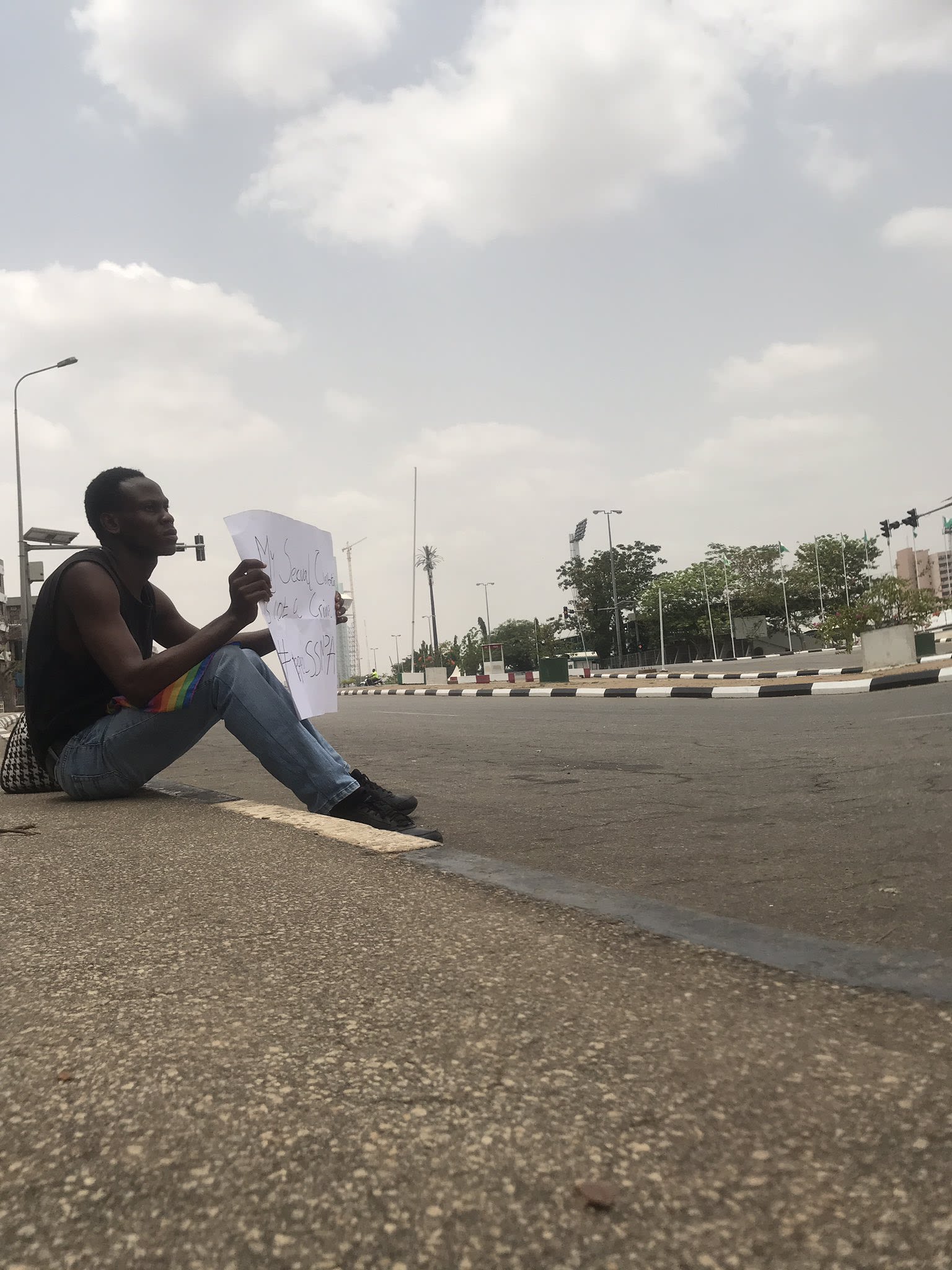
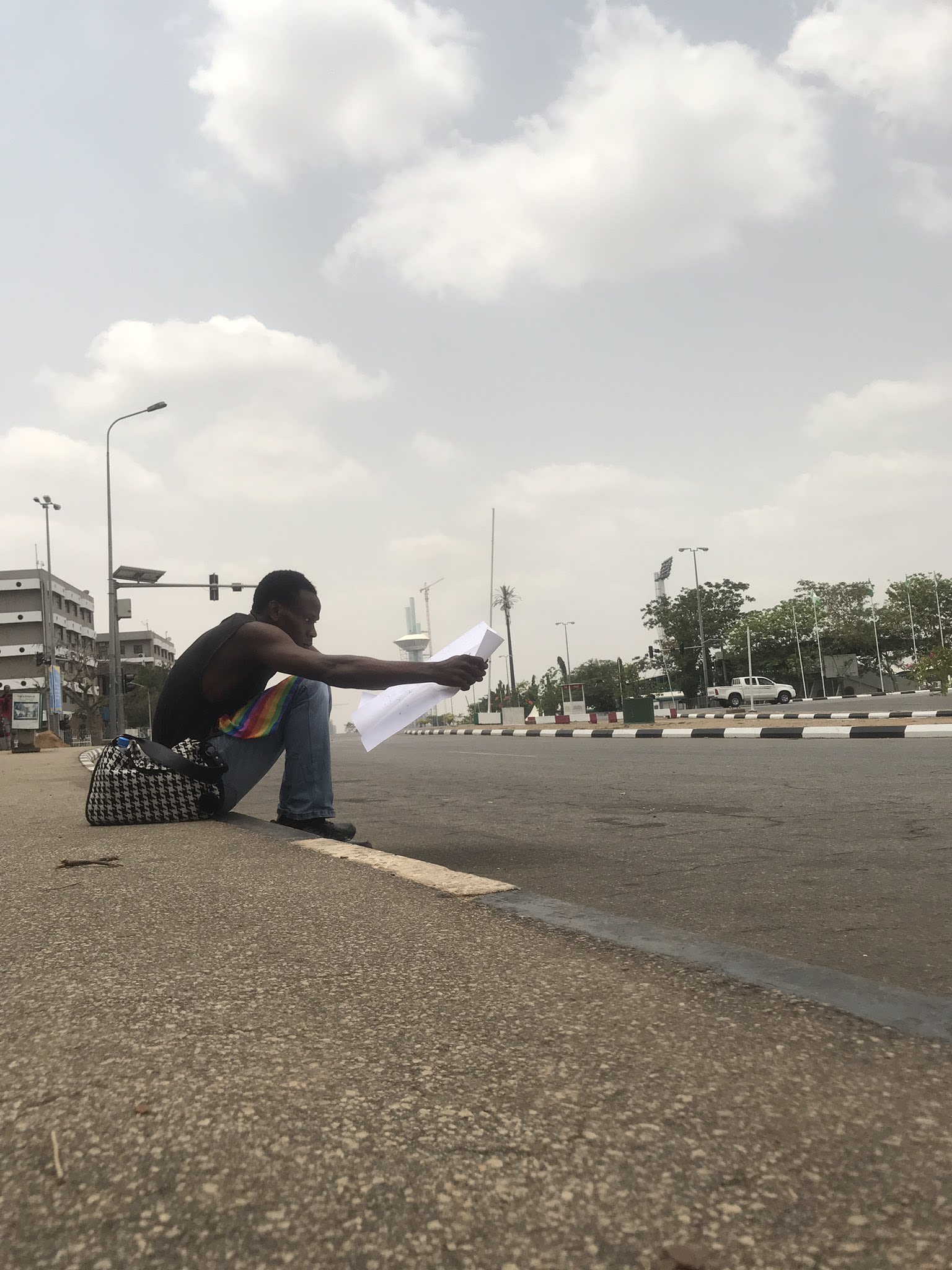
As a result of the increased violence brought by the Act, queer Nigerians started forming communities online. Virtual ‘safe spaces’ emerged and they provided a safety net away from the discrimination in hospitals, neighbourhoods, and communities.
Kehinde Okanlawon, a Nigerian sexual health and rights social worker, said: “As soon as the law was passed, there was a mass organisation on Facebook between community members and WhatsApp group chats. NGOs facilitated access to healthcare and medications and promoted emergency shelters and safe houses for those facing violence.
Social media empowers different parts of the country to stay connected because of the easy flow of information. It certainly helps with visibility and allows allies and queer Nigerians to learn, protect each other and raise awareness,” he added.
Currently, the number of social media users in Nigeria has risen to 33 million. The most popular platform is Facebook, followed by Twitter and Instagram. This figure is projected to grow to 45 million users in 2025. On popular gay dating platform Grindr, Nigeria has emerged as one of the highest users behind Morocco and India.
#EndHomophobiaInNigeria was trending last March after the killing of another gay man in Imo State. Ayodele Sogunro, a Nigerian human rights activist, said he was surprised to see thousands of people supporting the movement online. which was unimaginable when he started 10 years prior.
"Social media helps drive the advocacy forward and is where the conversation can happen for now. But, this is not the same as for physical spaces in towns and cities. It is hard to meet another queer person in public and talk about issues which can be easily discussed on Instagram,” he added.
Indeed, Amarion Ogere, a 27-year-old content creator, says picking up her partner from the airport and waiting until they are inside behind closed doors to just hold hands and kiss is safer as doing so in public is “putting yourself in danger.”
Someone might just slap you from the back, saying ‘wetin you dey do like this.’ Social media will not tell you about days when I cannot leave my bed because fear has crippled my bones. It won’t tell you about the days we are getting back home and been attacked. Social media is a just world that exists on your phone,” she said.
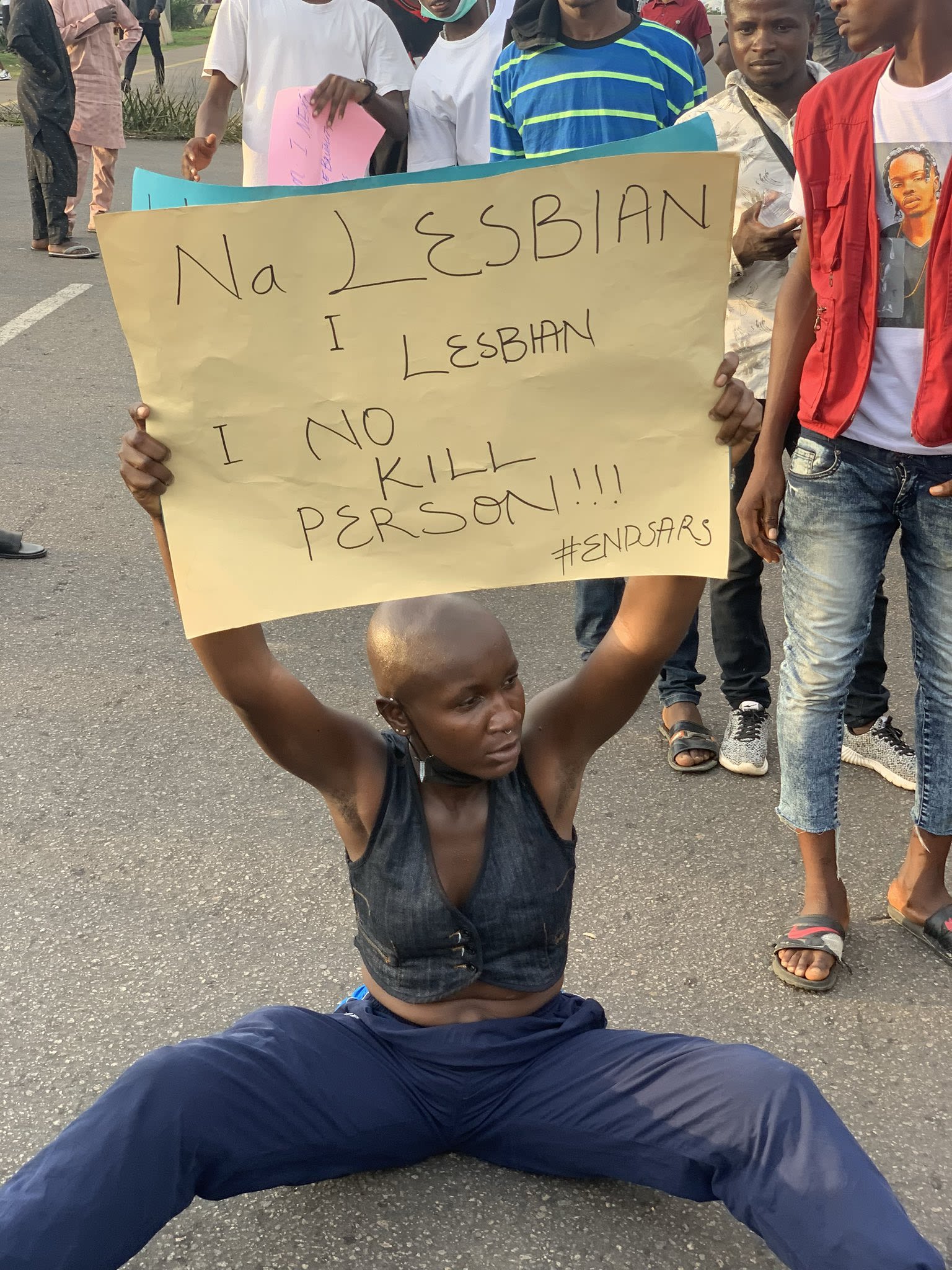
James Funke*, a Nigerian LGBTQ+ scholar agreed. “With everything happening on Twitter right now when I look outside my window that is not the reality. Having a phone and internet connection is middle-class apparatus and a privilege. There are still millions who are not active on social media.”
The latest figures suggest in a population of 200 million people, only 25 to 40 million Nigerians are smartphone users.
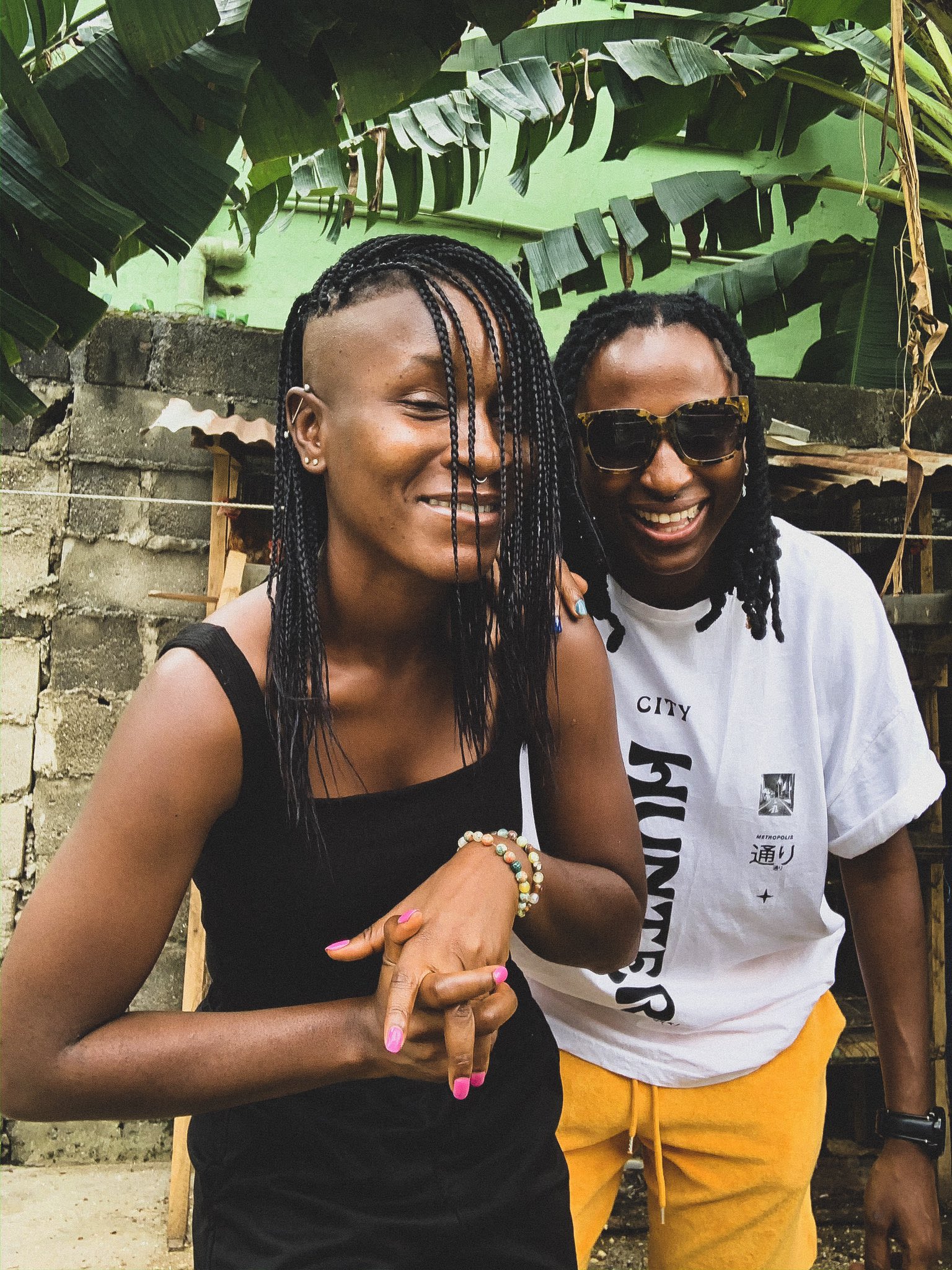
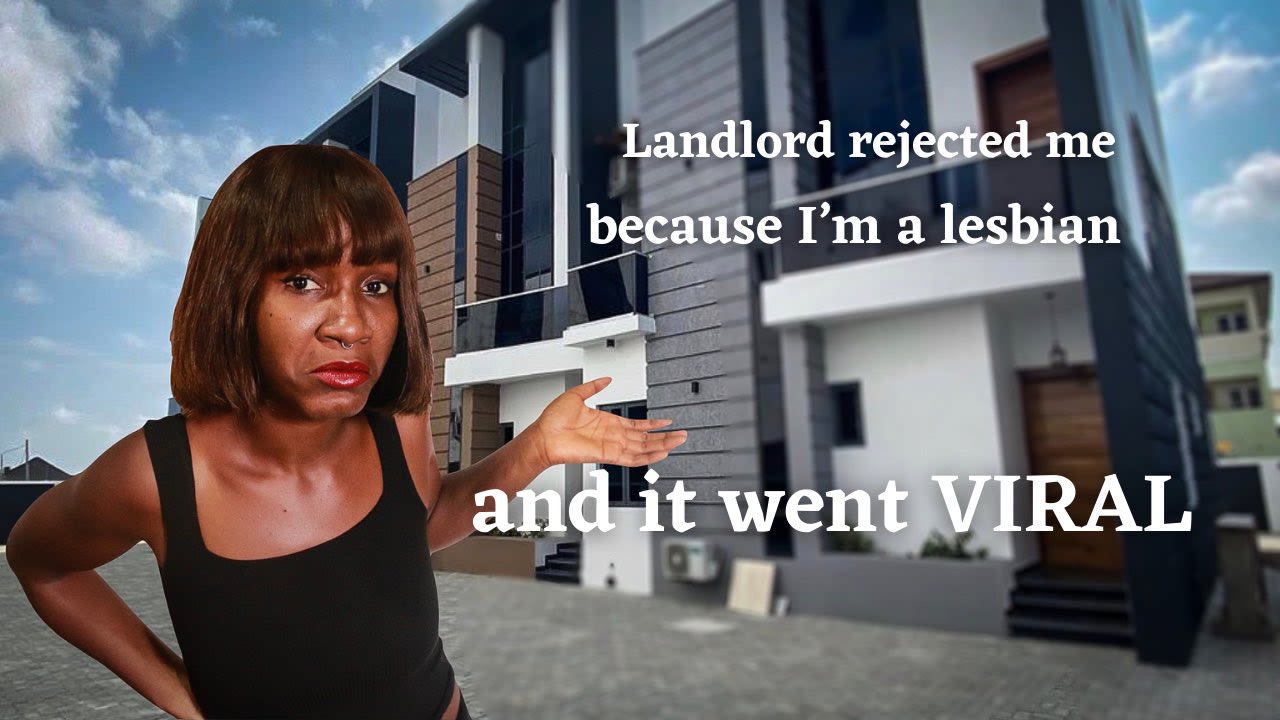
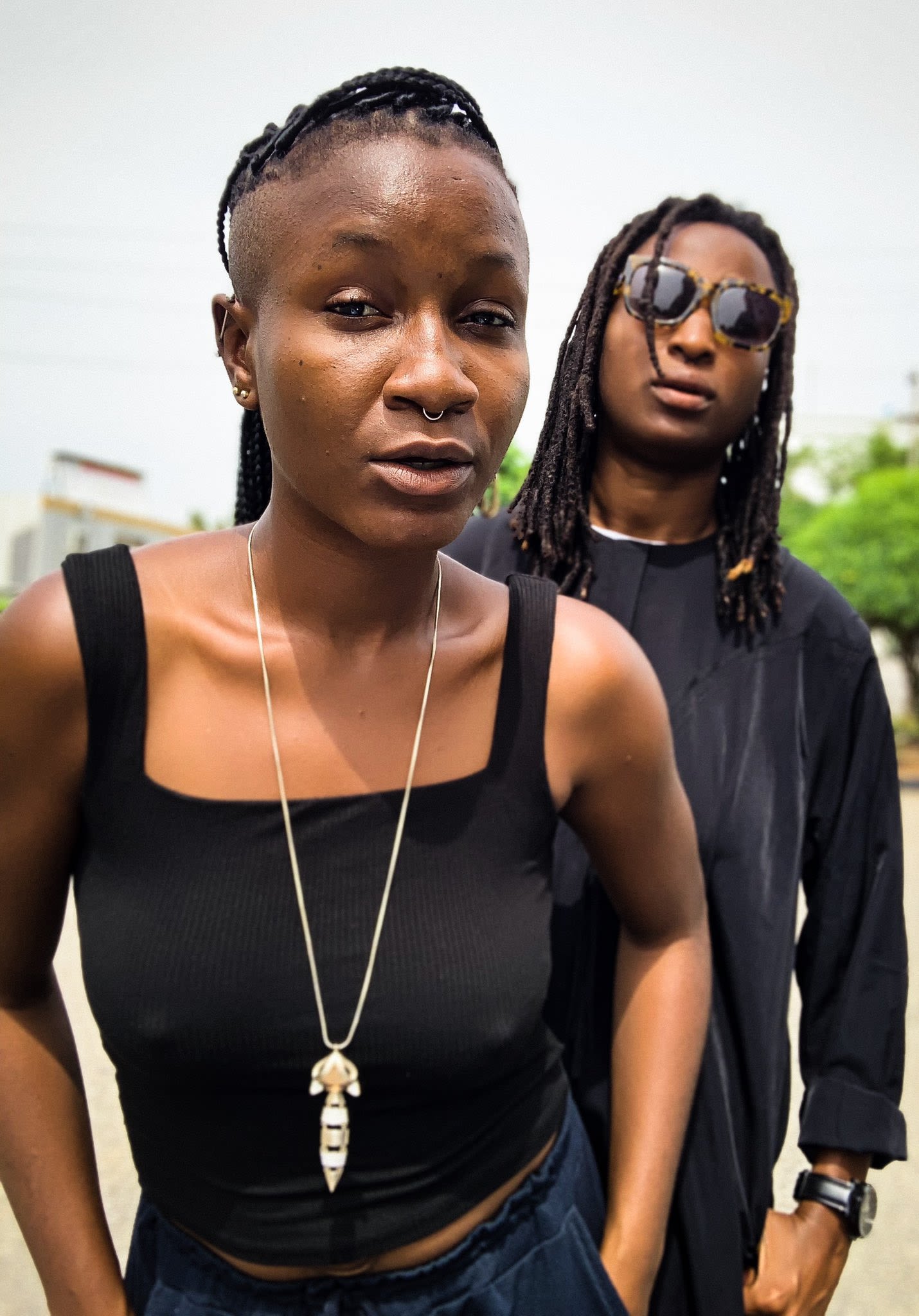
In 2019, 47 men were the first people to go on trial under the SSMPA law.
They were part of a group of 57 men arrested in a police raid in a hotel in Lagos in 2018. This sparked the viral video “They didn’t catch me." These are the words of James Brown, a popular Nigerian dancer, who was present at the scene. Funke* said TIERS followed up this case for two years which lead to James and the other men being acquitted of homosexuality charges.
“Sometimes you are consumed by the work social media does not want to think about. We can have conversations online but actually changing the law is happening offline. You must go through structural processes and legal battles. Whilst engaging in these discussions, do not undermine those doing the work on the ground and behind the scenes,” Funke* added.
As pride month approaches in June, activists say there seems to be no end in sight to the country’s intolerance towards queer Nigerians. Crippled with radical religious and cultural beliefs of homosexuality, once more local streets will be deserted from any form of parade, assembly, or celebration as a consequence of the SSMPA Act.
Adaora Dunia, a 21-year-old Youtuber part of the popular duo The Dunias said: “People do not survive here. Every day you are waking up thinking how I am going to survive today- it’s one thing that keeps striking your mind. It drives you crazy and affects your mental health. I do not want to hide anymore. There is hope for Nigeria.”
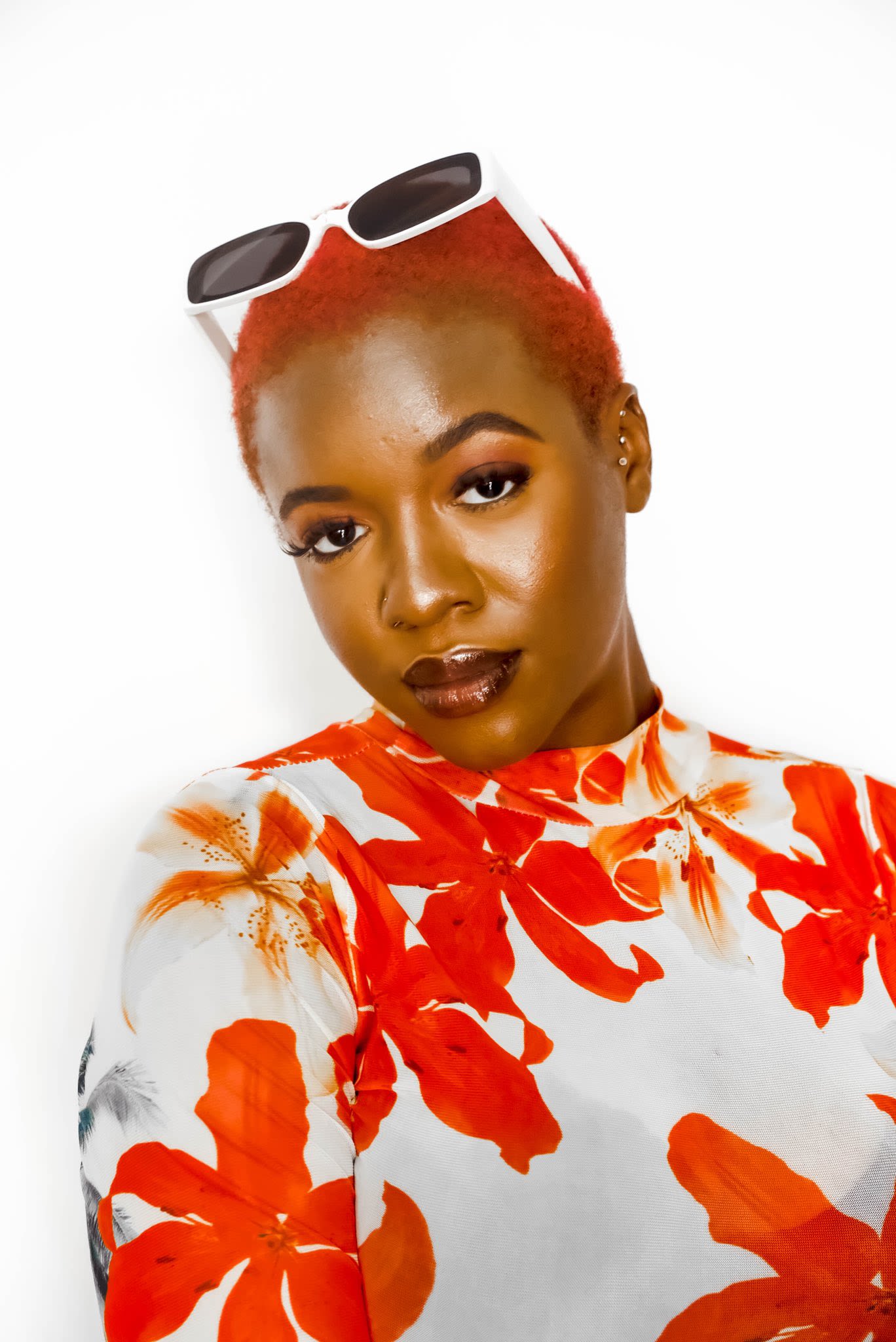
Creating alternative narratives through online and TV series, plays and books as a means of education is a step to understanding the discriminatory policies and going beyond harmful headlines.
“It is also about changing the way people think. To do so, we need to design communication initiatives that can trigger people’s imagination to what others outside our perspective are experiencing and how they live. This is to show what queer Nigerians are going through,” said Funke*.
Sogunro added: “There is hope on the horizon but it’s going to take a generation to shift this. The only public space we have is social media, as long as it is free and open, it will always yield towards tolerant views.”
